Sharon Watts – An Xperience Interview
By Staff on July 31, 2024
Sharon Watts – An Xperience Interview – by Liam Sweeny.
RRX: You’ve written a book about Bert Sommer and Woodstock, which brings forth an almost “secret history” of both Sommer and the event. Now, far be it from me to ask you to summarize any of that, because we want people to read the book. So I’ll ask you if you found anything in your research that maybe had to be overcome?
SW: While I had no agenda when I started this project during the Covid-19 lockdown, the looming question was: “Why have I never heard of this guy? (Based on what I did finally hear, his Woodstock performance of “Jennifer” that surfaced on YouTube.) Something in his delivery just viscerally grabbed me. I am basically reticent and don’t like to intrude on people, yet here I was making cold calls about what I discovered: a guy who had a genuine gift, wanted to be heard, wanted his talent recognized, wanted to be loved; who had an artist’s mood swings of utter confidence and complete lack of, and who was almost completely unknown. Luckily my quest brought up vivid and often fond memories from everyone who did know him, and I fed off their enthusiasm. Earning their trust was important and that pretty much naturally happened, I am happy to say. I made some great new friends. And I hope that I am shining a light on someone who deserves to be heard, recognized, and loved.
And the other answer to your question, is that I had to dig really deep to untangle the “Woodstock Curse.” Why was he omitted from the film, the soundtrack, and all follow-up media for so many decades? I got some answers from terrific sources: people who were in the room. I had a full Woodstock immersion, 50 years after I had bypassed it.
RRX: We have a wide audience in terms of generations, ages. The events we have are always compared to Woodstock, but there really hasn’t been a true companion to that event. As far as you know or have learned, are any of today’s festivals close?
SW: The Woodstock experience is unrepeatable, at least as a planned concept, primarily because of the specific place and time it occurred. Then, on August 18, 1969: Ka-ching! The corporate suits realized that “there’s gold in them thar hills.” Every big concert, even (especially?) the subsequent Woodstock anniversary events, are all “necessarily” based on profit. I say this with a huge amount of chagrin more than naiveté. Anything comparable happening today would have to be borne of its own organic spontaneity from its own generation and with its own music—hopefully with something other than money driving it. Certainly, there are enough causes in today’s world worth coalescing for. Since I rarely go to festivals today, nor am I a music journalist, I am not a good person to say that some are close. I’d like to think that it could happen!
RRX: Bert Sommer could have been like Hendrix or Joplin. And that’s a bold assertion. Why could he have been? And considering what happened to both Hendrix and Joplin, aka the “27 Club,” do you think it was fortuitous that he didn’t?
SW: Bert had the talent, the charisma, and the connections to fly in that stratosphere. By the time of Woodstock, he already had a major label LP under his belt (produced by Artie Kornfeld who also co-created Woodstock), he was starring in “Hair” on Broadway, he had his Brill Building connections—including a mover-and-shaker manager who, had he concentrated on Bert and not been spinning so many plates, might have created a career track that worked in Bert’s favor not only contractually, but also to give Bert some much-needed firm emotional footing.
Bert would have fit right into a singer-songwriter niche that music was starting to favor post-Woodstock (think James Taylor, Todd Rundgren). His voice was astral, his songwriting was both tightly disciplined and far-ranging. He could morph. The heavy psychedelia of Janis and Jimi was already fading; certainly their talents were stupendously unique, yet so much is cemented into their legends precisely because they died just as the Age of Aquarius was ending. Who’s to say what would have happened to their careers if they’d made it past 27? Or—would Bert now be famous for playing Woodstock had the cards been dealt differently and he died at 27? It is tempting to speculate. I try to keep my opinions of “woulda coulda shoulda” out of the book and to understand the settings and situations through the stories shared with me, and my own lens of the times (different from Bert or any musician. I was in high school art classes drawing fashion designs with Twiggy and Cher as my models).
However, as a teaser: at age 27, Bert was enjoying a rebirth. He had a Saturday morning TV show, a new LP full of original songs (produced by Ron Dante, who started out as the lead singer for “The Archies” and later became a multi-platinum producing machine with Barry Manilow), a record release gig at LA’s Troubadour … and then his life got rollercoaster-wild again.
RRX: We know that Sommer performed at Woodstock, and as much as I want to explore that narrative, again, I want people to read the book. What made Sommer perfect for the concert? And what made him an”‘odd duck”?
SW: Just look at him. Listen to him. He was the perfect poster boy for the ‘60s. He also touched the audience, connected with them like they were sitting in his living room. And bear in mind, this was his FIRST LIVE GIG! He got the first standing ovation with his cover of Paul Simon’s “America.”
The “odd duck” in Bert might be that, essentially, he had one foot in the Brill Building/Great White Way milieu, and the other in the “flower power” milieu. One of the first people I spoke with was a cast member of “Hair,” R.I. Rubinsky, who identified Bert as being essentially not a true hippie, but a baby boomer “borough boy,” and pointed that out to me. This insight provided a scaffold for me to add the rest to.
RRX: There’s such a mystique about anyone and everyone who’d been a part of Woodstock, to the point that it’s still iconic 55 years later. For comparison, 55 years before that, World War One was just kicking off. Do you see any performers today that you watch and think that they should have been at Woodstock?
SW: I don’t follow much new music these days, I am too busy discovering a past that I lived through, skimmed over, or was flat out oblivious to and have curiosity about in hindsight. It’s so easy to find: music that I didn’t appreciate then, and revel in now. Books and documentaries that accompany my paths of curiosity. Maybe part of it is getting older and wanting to revisit the memories that formed you, along with a chance to explore little paths not taken. I know this doesn’t answer your question! There is one performer who is so unique and probably could shape-shift and still be authentic in any era, in front of any audience, and totally captivate. And that is ANOHNI.
RRX: This one might be my shortest question, but maybe the biggest: why is Woodstock still important today?
SW: So I’ll give you my short answer! It was peaceful and it was real. Against all odds.
RRX: This is where you answer the question I didn’t ask. Remarks? Comments? Educate, enlighten, emote – the floor is yours.
SW: I’d like to clarify that my book on Bert Sommer covers much more than Woodstock. That was just the grab, and continues to be for anyone who even gets my working title: “The Rather Magnificent” Bert Sommer — Woodstock’s Lost Treasure. Those quotation marks are there for a reason; that was his introduction before they mangled his name.
Practically to a person, everyone from every part of Bert’s life, from early teens through his very last gig at Billy’s Pub in Troy on June 11, 1990, reinforced the obvious. He was a Zen blend of musical artistry, full-tilt hedonism, and childlike wonder—a bundle of human contradiction open to interpretation. He doesn’t deserve to still be down under that Woodstock stage after falling through the cracks.
I have a Facebook Page for book updates:
https://www.facebook.com/profile.php?id=61560381430659
And this is my website:
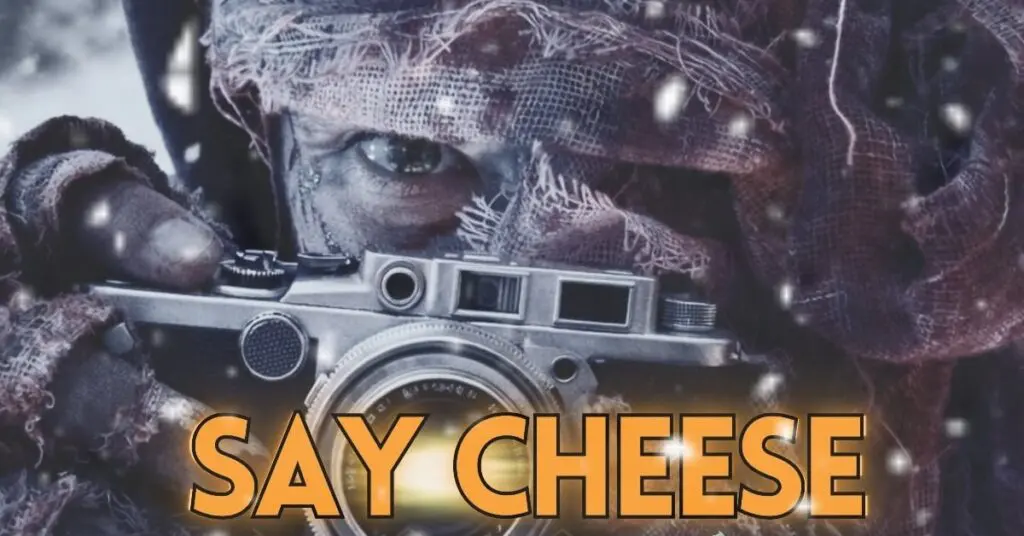
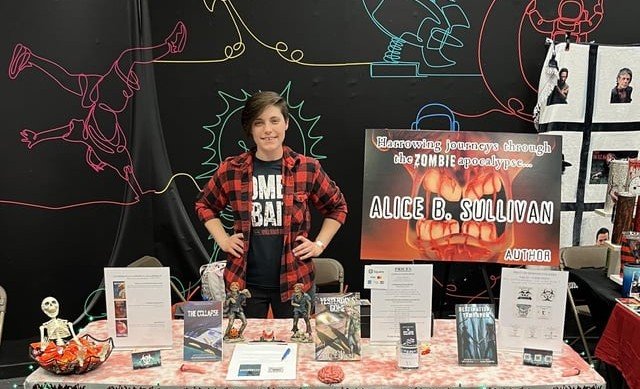
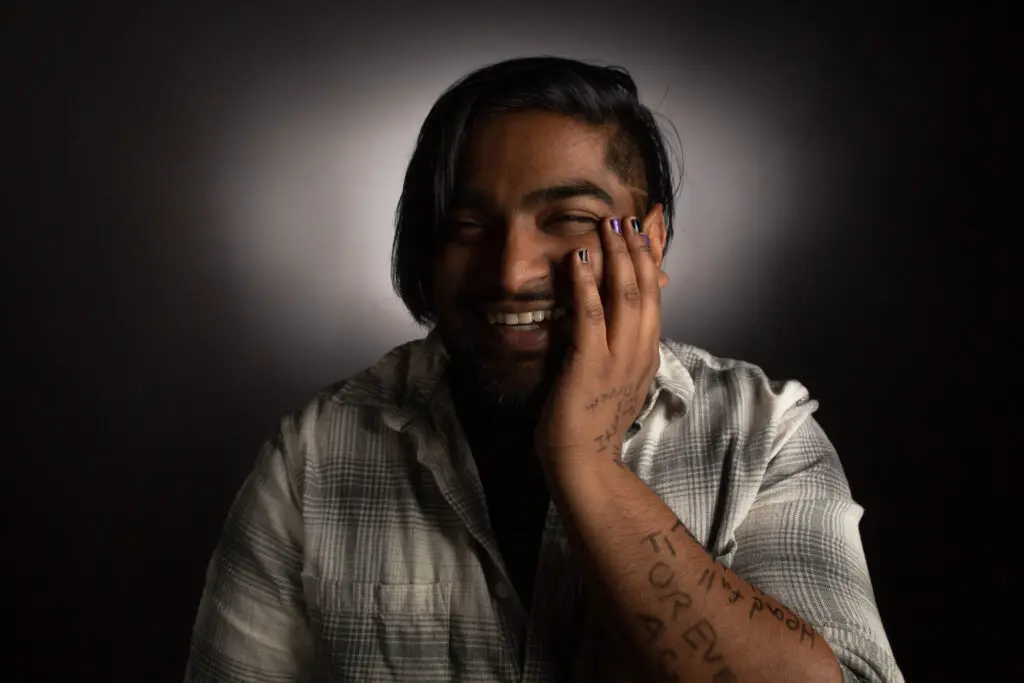
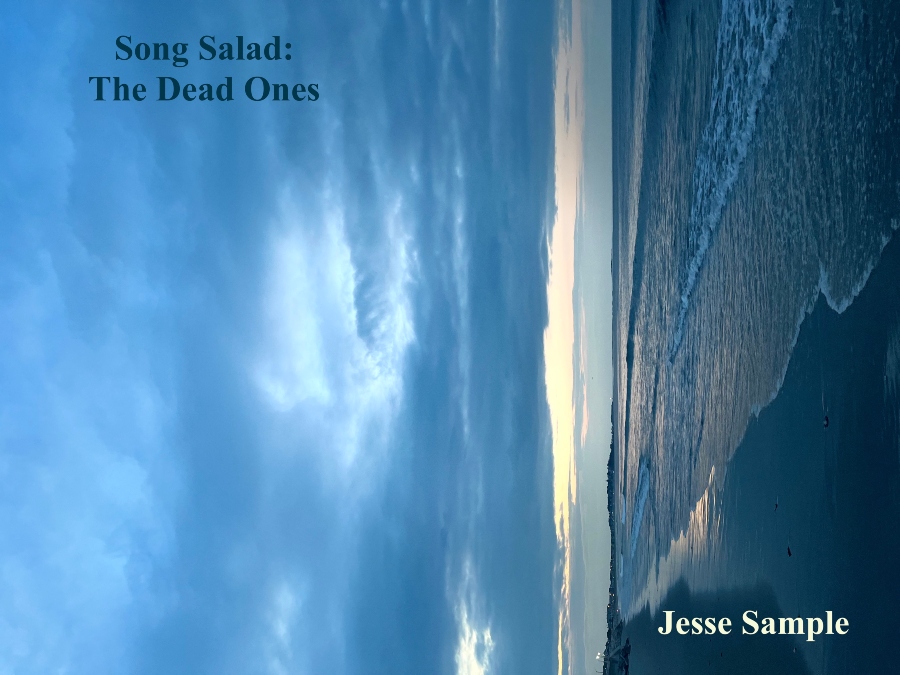
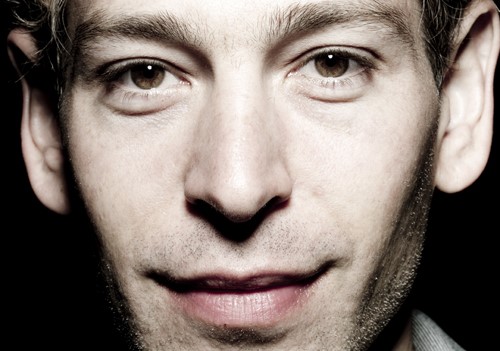
 RadioRadioX
RadioRadioX